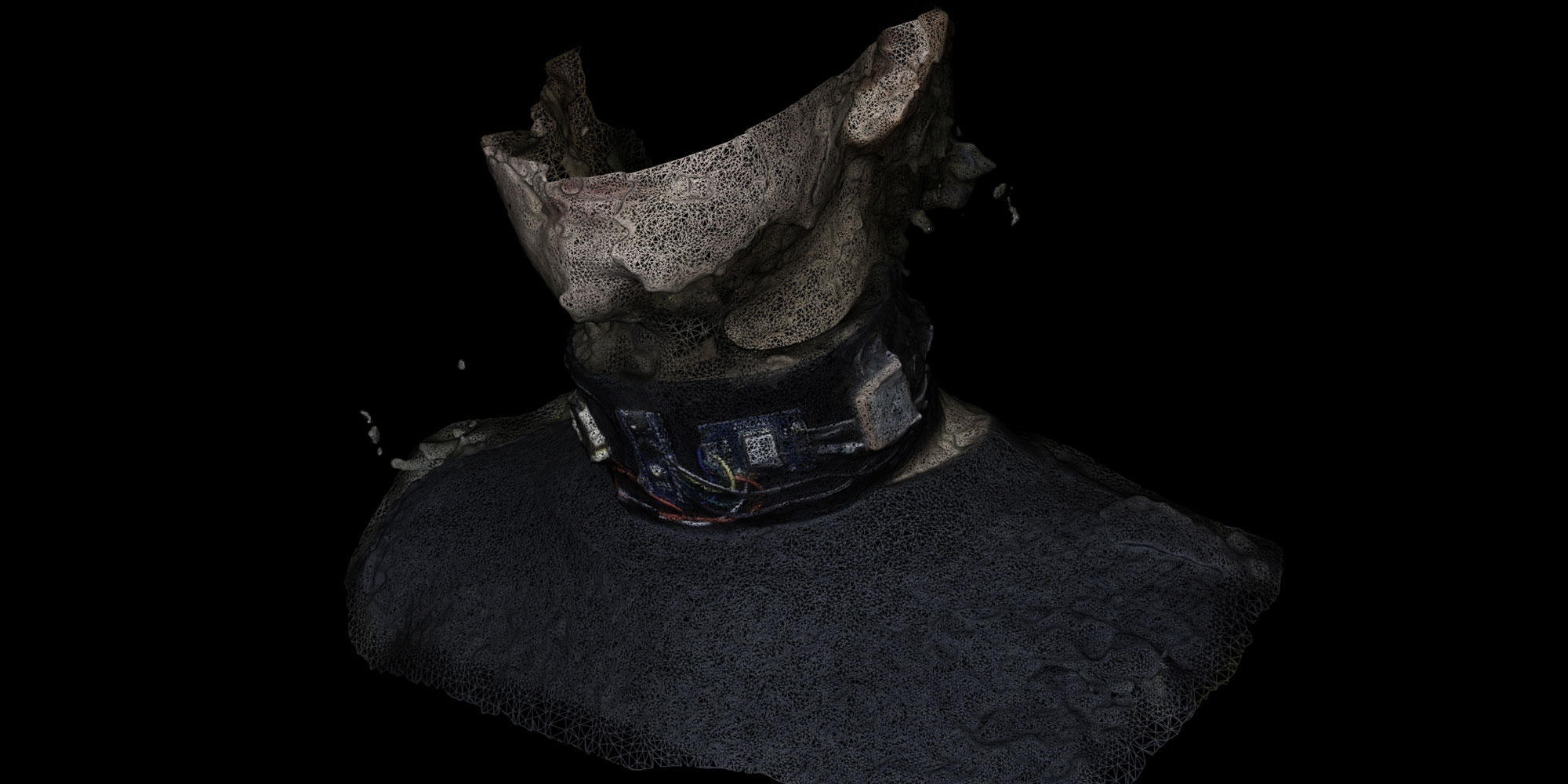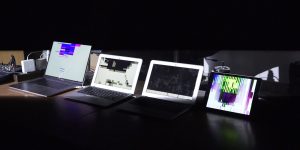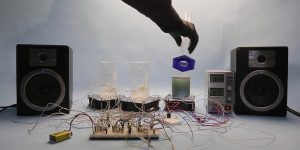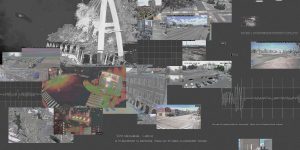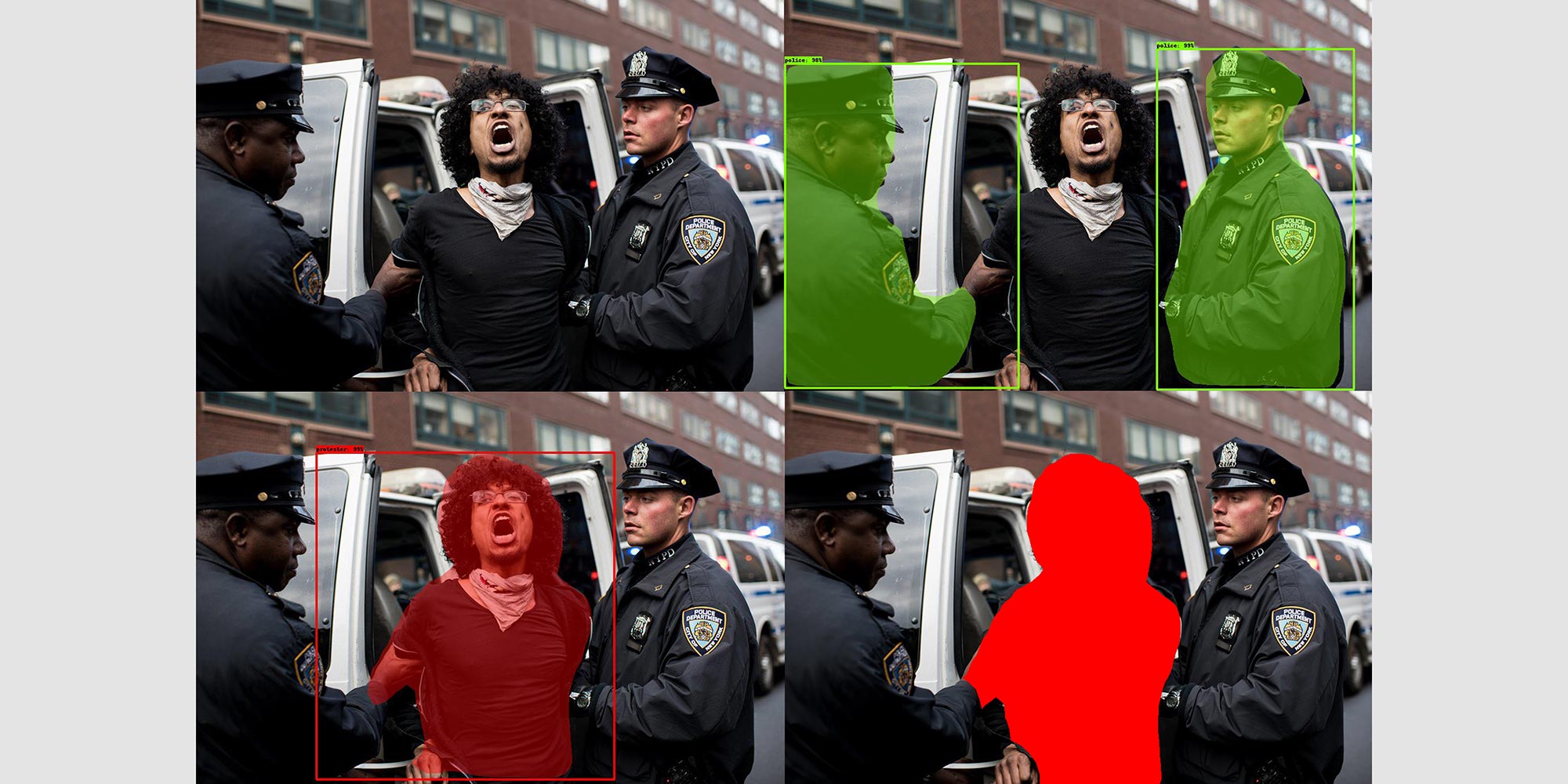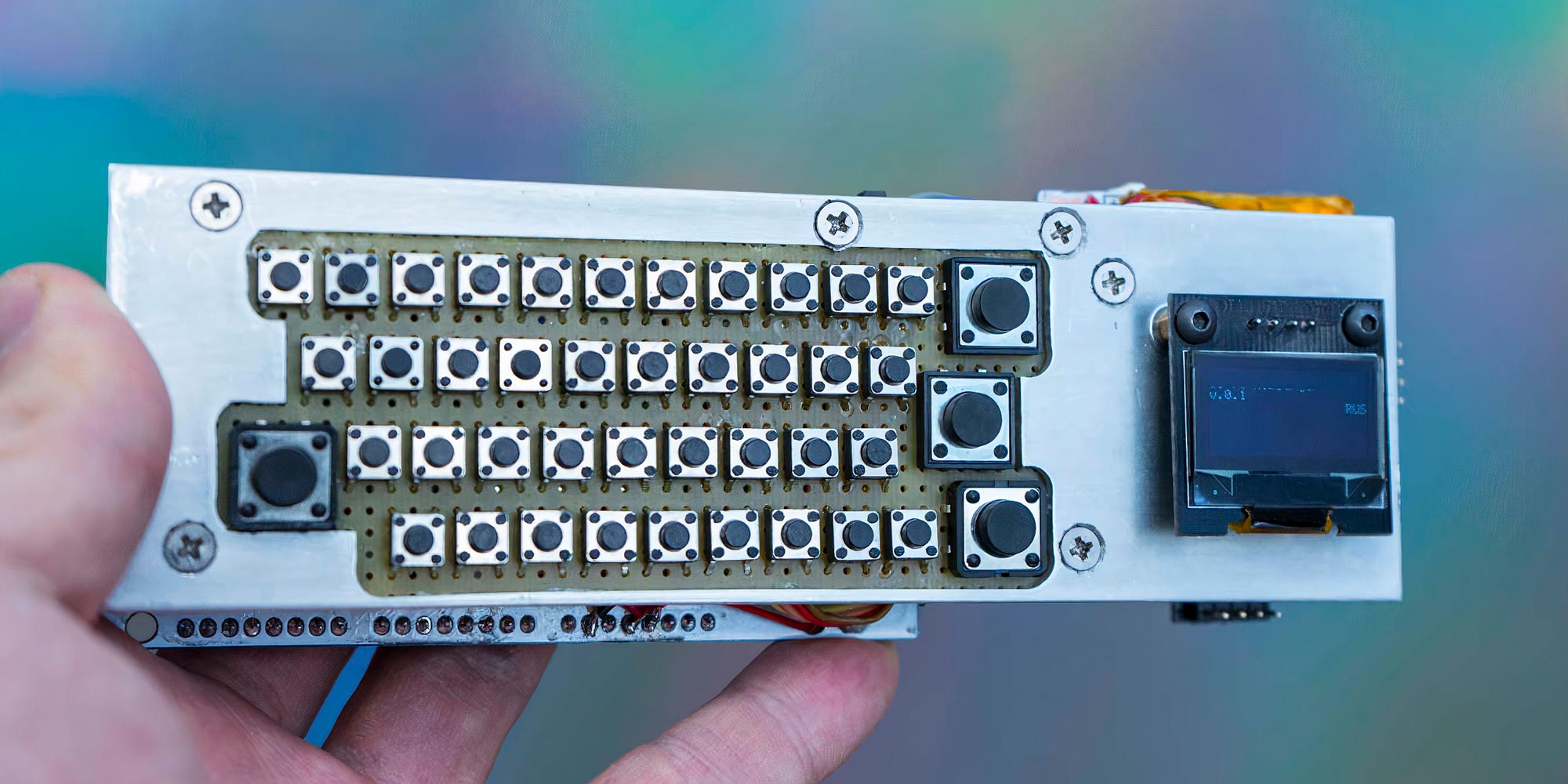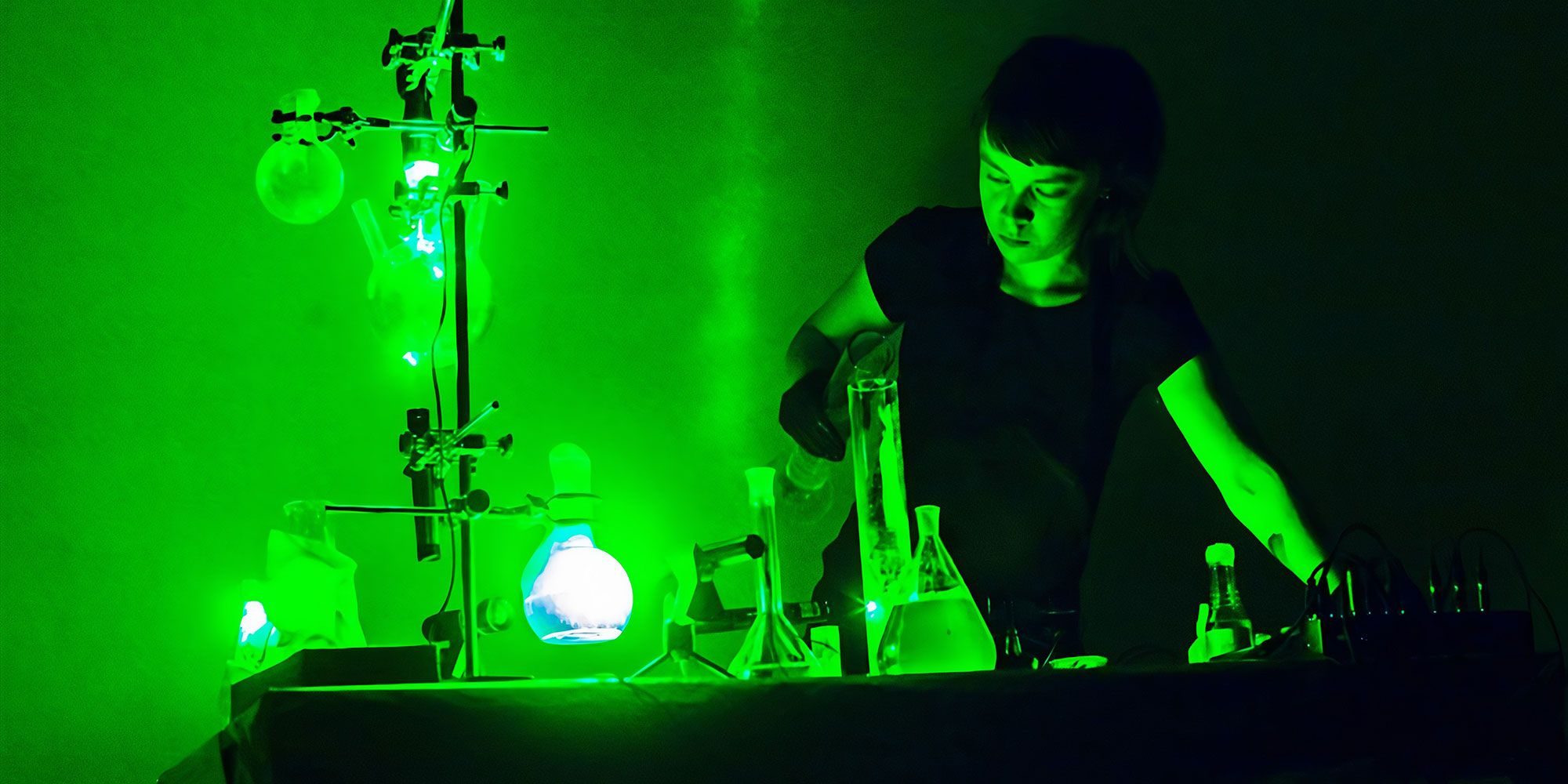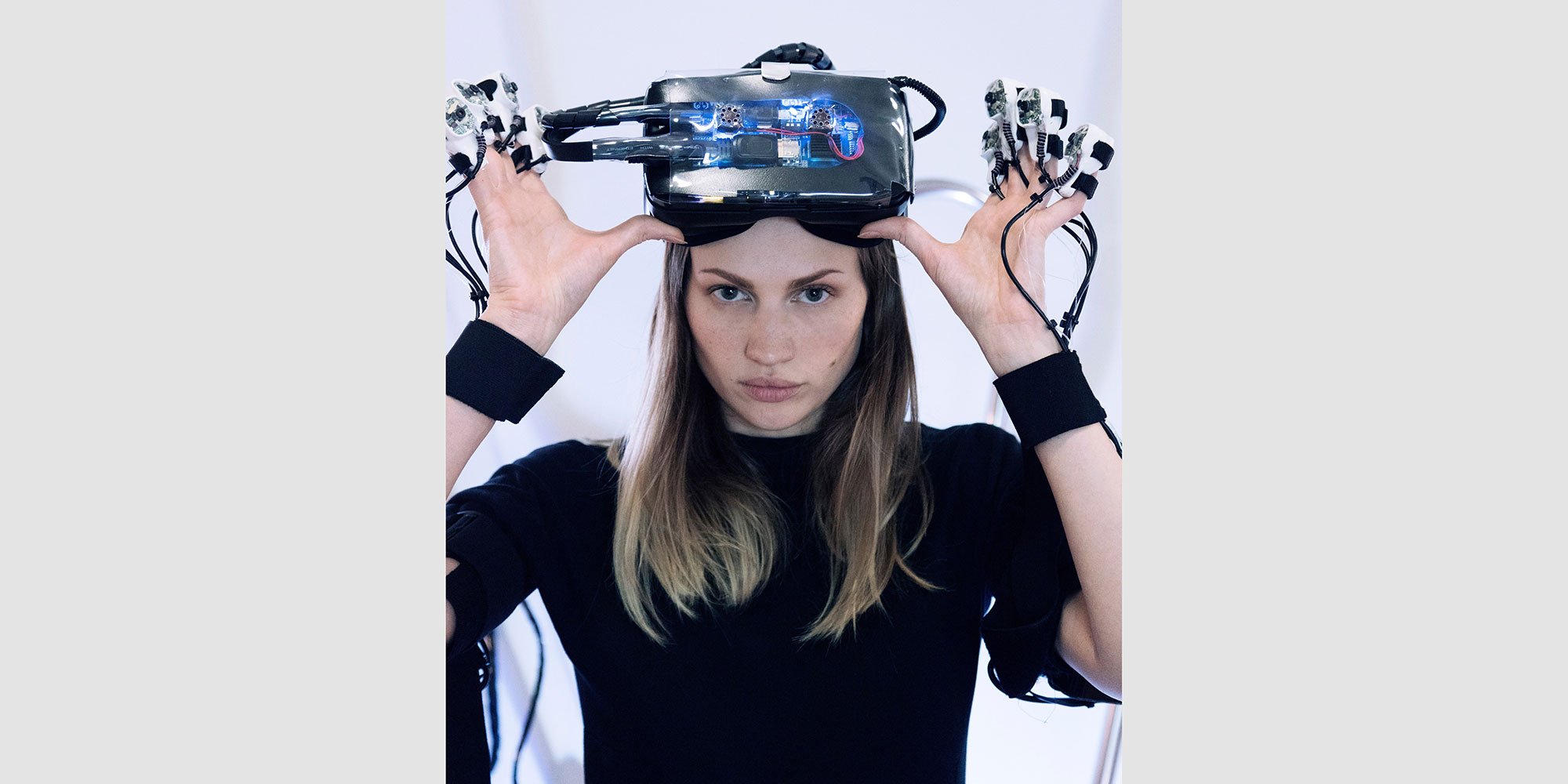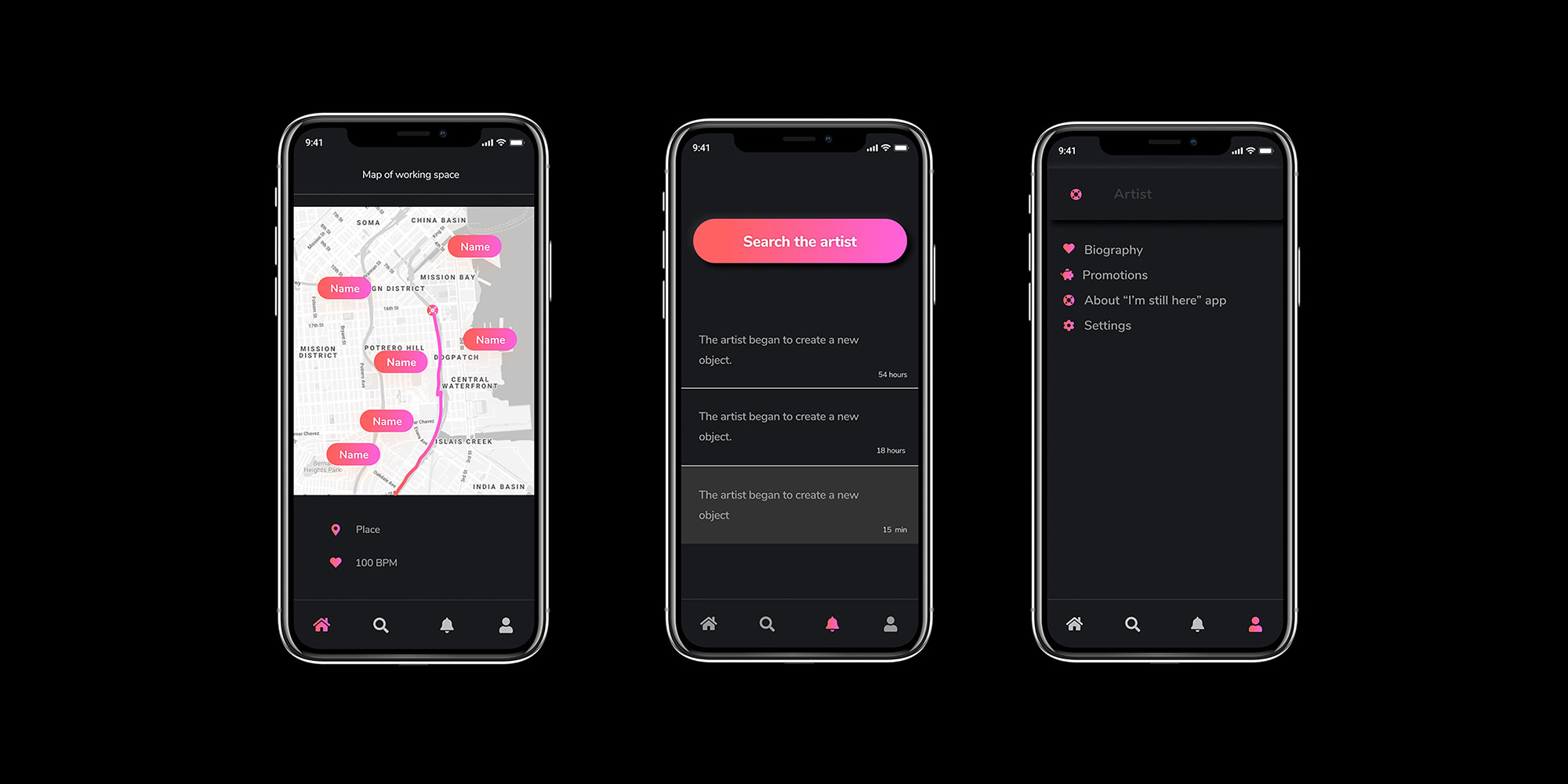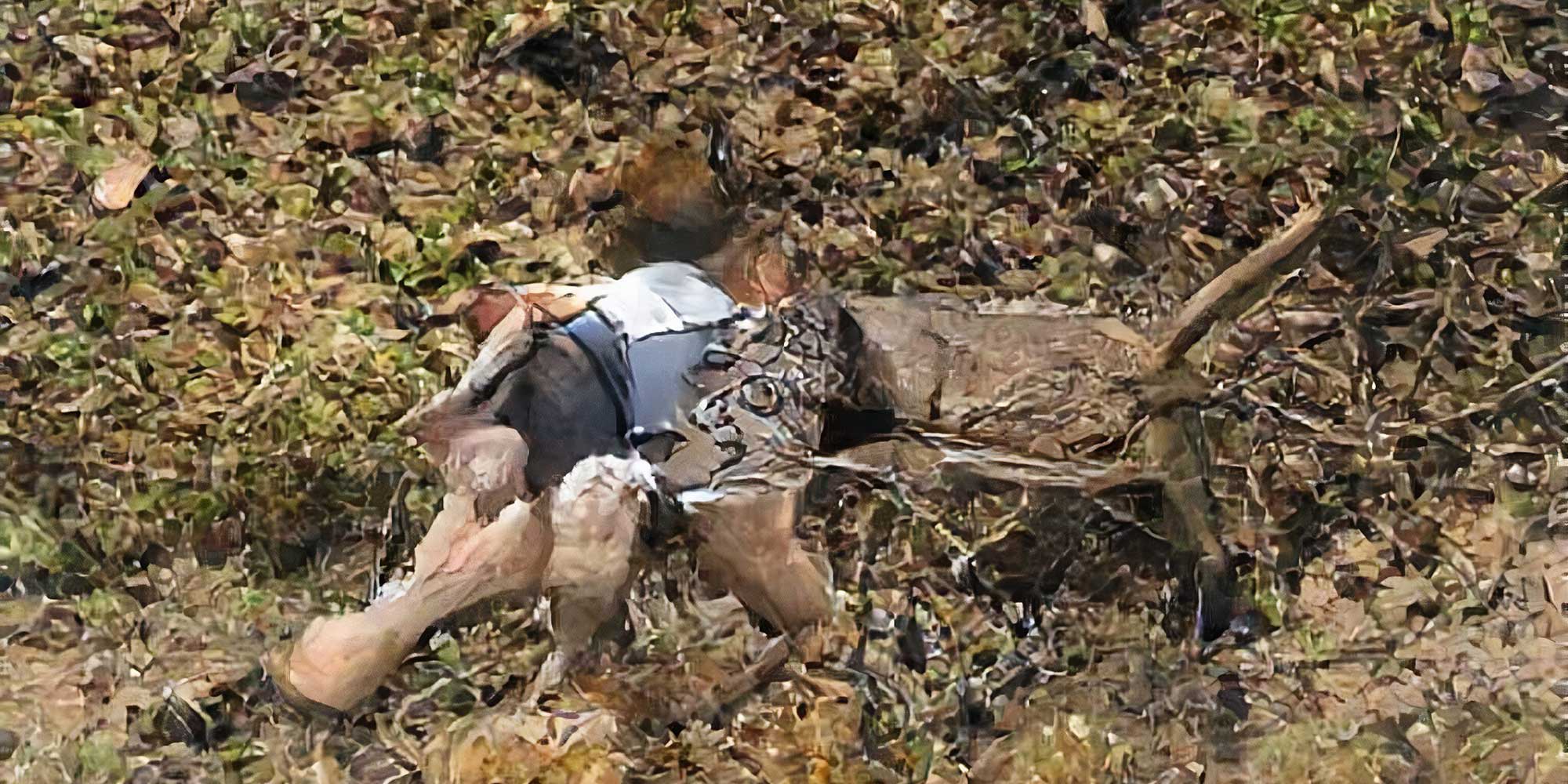For many Post-Soviet countries digitalisation is proclaimed one of the main important national priorities, however, the local context transforms the understanding and implementation of digital tools in its own way. The project aims to present several generations of new media artists from post-Soviet countries. It is dedicated to the artistic exploration of the boundaries between digital and physical spaces and the whole spectrum of phenomena and consequences of the implementations of algorithmic regulation and control tools in the local context.
Datasets vs Mindsets
Post-Soviet Explorations of the Digital Control Society
A huge part of the processes around us are digitized, becoming datasets that can be analyzed by a variety of dynamic algorithms which don’t only recognize and process incoming information, but also identify and predict patterns in its changes at speeds and scales inaccessible to human perception. Digitization ranks among the most important national prerogatives of many post-Soviet countries. In its own way,the local context transforms the understanding and implementation of digital tools. These algorithms, often based on machine learning, have a number of limitations, and the so-called biases ― which they learned from the data on which they were trained― form feedback loops that influence what takes place in the physical world, and create opportunities for various forms of so-called algorithmic control. This project is dedicated to the artistic exploration of the boundaries between digital and physical spaces, and the spectrum of phenomena and consequences of the implementations of algorithmic regulation and control tools in the post-Soviet context. The project aims to present several generations of new media artists from post-Soviet countries in the international context. It includes an exhibition, a one-day conference and a one-day performance program using innovative forms of representation and interaction between online and offline formats, such as new approaches to webcasting and experimental web-interfaces, which create brand-new user experiences for online visitors.
Preview Video
Timetable
Program
Project Credits / Acknowledgements
Curators: Helena Nikonole and Olga Vad
Exhibition participants: Anastasia Alekhina, Medina Bazargali, Aristarkh Chernyshev, Ellina Genadievna, Daria Goffman, Uliana Golub, Valentin Fetisov, Egor Kraft, Victor Krasnov, Evgeny Kruglov, Anvar Musrepov, Kate Pryanik, Sasha Serechenko, Vita Shakhnovich, Andrey Smirnov, Ekaterina Trubina, ::vtol::.
Conference speakers: Dmitry Bulatov, Lev Manovich, Alla Mitrofanova, Helena Nikonole, Daria Parkhomenko, Yanina Prudenko, Alexey Shulgin, Olga Vad
Performance program: Katarina Melik-Ovsepian, Maria Molokova, Nikita Prudnikov, Anastasia Tolchneva, Kira Weinshtein, ::vtol::.
Nikolay Golikov, EOLab (Varya Lisokot, Dmitriy Vikhorknov, Vladimir Miller, Ildar Iakubov, Kiberchaika)
Technical partner: Open Production Group
Special thanks to Electromuseum (Moscow) and personally Aristarkh Chernyshev and Inna Astafieva
We express our deep gratitude to Alexei Shulgin, Aristarkh Chernyshev and Andrey Smirnov for their teaching and curatorial activities which formed the basis of a community of young media and sound artists in Russia and Post-Soviet space.
